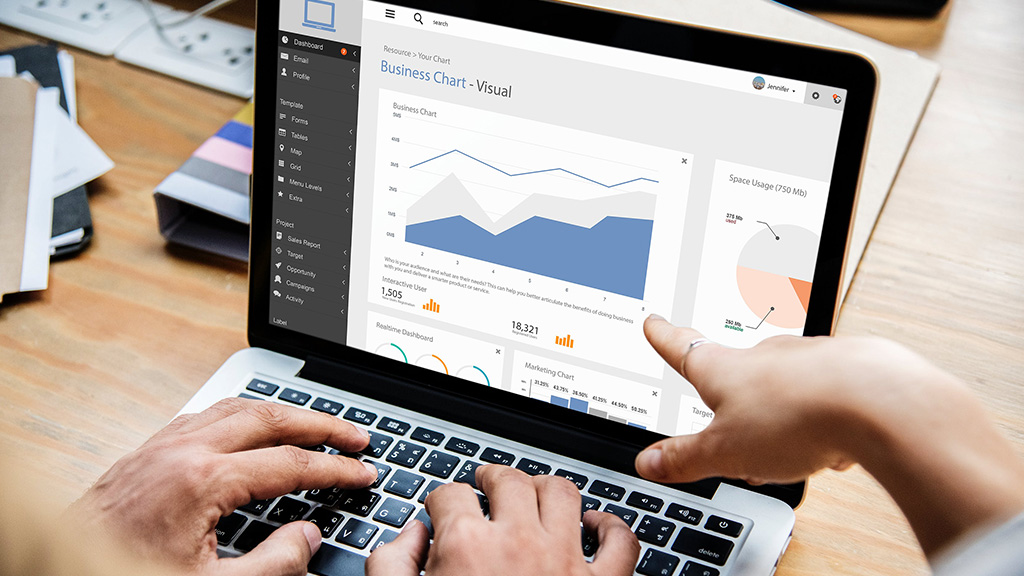If your company is operating only with digital products you probably already have a lot of analytics data gathered through your website. In this article we will explore a few different contexts in which you can frame that data in order to assess your brand’s performance.
We’ll go through each stage of the consumer’s decision-making process and correlate the digital metrics you already have with your brand’s health.
Awareness
Do your customers remember your brand?
The first metric to look at in order to gauge brand awareness is direct traffic to your website. The percentage of people who arrive at your site by typing your URL into their browser is a fair indicator of how strong your brand is. Established digital brands can source more than 50% of their traffic through direct hits.
The second metric to consider while assessing brand awareness is how many people arrive at your site via a search engine by searching for the name of your brand.
As with all these types of analyzes, it is important to make them regularly in order to track your progress.
Familiarity
Do your customers know what your brand stands for?
How people behave once they arrive on your website will indicate if they are familiar with what your brand has to offer. The two metrics you should analyze in this case are time on site and bounce rate. If people leave your site immediately, it probably means that they thought your brand was offering something differently. On the other hand, if they spend more time on your website it indicates that their visit is intentional and that they have found what they were looking for.
In order to assess brand performance (and not the sales-funnel), the analysis above should be carried on a group of people who are aware of your brand, meaning direct traffic or brand-name searches.
Consideration
Do your customers want to buy your brand?
Depending on your specific business model, there might be a number of metrics that will show a user’s willingness to buy from your brand. Generally, the metrics you should be tracking are visits to your pricing page and clicks on “buy” or “add to cart” buttons.
If there is a big difference between the people who show purchase intent compared to how many do finish an order, a more detailed analysis of this behavior is worth doing, usually with regard to your pricing model or trust indicators.
Purchase
Are people buying your brand?
Tracking the number of sales and their value is something you are already doing. But because we are looking at brand performance, you might want to analyze how important was the brand factor in the buying decision.
Comparing conversion rates coming from different traffic sources will show if your brand plays a significant role in the process. For example, consider the case where people defined as aware of your brand are more likely to buy than those who arrive on your website by accident.
Advocacy
Would your customers recommend your brand to their friends?
In order to answer this question, you need to ask a representative number of your clients the following question: “On a scale of 0 to 10, how likely are you to recommend our brand to a friend?“. Customers who answer with a 9 or 10 are your promoters, 7 to 8 are passives and 0 to 6 are detractors.
You need to ask this question after your customers have had a chance to test your product or service. Ask to soon and you will get inconclusive data, ask to late and they might forget their experience with your brand.
The specific factors you use in your analysis and the weights you assess to impact performance are unique to each industry and each business. Once the dashboard is created, it’s important to manage and track the data over time. The data collected for each particular context has a shelf-life, and respondents views and opinions will change over time.

